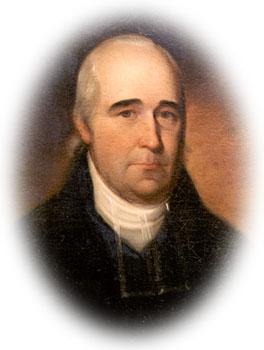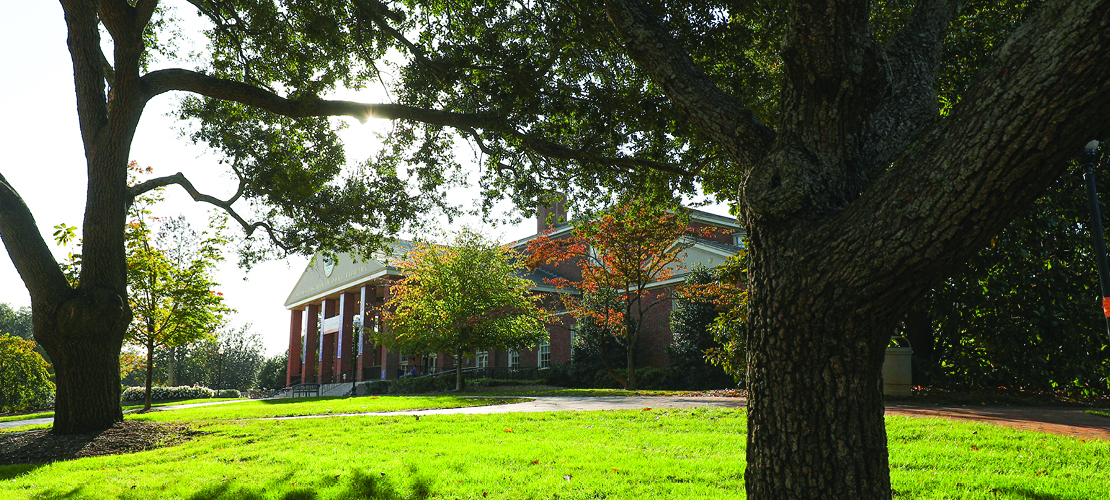 Founders Week (March 18-24) is an opportunity to remember and celebrate all those who were influential in the establishment of Furman University, including Richard Furman, the University’s namesake.
Founders Week (March 18-24) is an opportunity to remember and celebrate all those who were influential in the establishment of Furman University, including Richard Furman, the University’s namesake.
Richard Furman was born in 1755 in New York State, but moved to South Carolina with his family when he was a child. As a teenager, he converted to the Baptist faith and was ordained as a minister at age 19. He quickly became a strong spiritual and political leader. So much so, that during the American Revolution, British Commander Cornwallis put a price of 1,000 pounds on his head. In the years following the Revolution, Richard Furman used his influence both at the local and national levels, serving as the first president of the South Carolina Baptist Convention and the president during the first and second National Convention of Baptists.
In addition to being heavily involved in the Church, Richard Furman was also a strong advocate for education in a time when some still believed that knowledge was sinful. Richard Furman himself received little formal education, learning mostly at home from his father or teaching himself from books. Later in his life, he received an honorary M.A. and Doctor of Divinity from Rhode Island College (now Brown University). As a lifelong learner, Richard Furman also strongly believed that everyone should have the opportunity to receive an education.
In 1822, Richard Furman sent out an address to the National Baptist Convention that advocated the establishment of a series of educational institutions including a national Baptist seminary in Washington, D.C. with regional institutions in separate states. In his plan, the South Carolina and Georgia Baptist Conventions would partner and establish an institution not far from Augusta, Georgia. However, the Georgia Baptist Convention seemed unwilling to cooperate, and the plan stalled for a while. In 1824, it was decided that the South Carolina Baptist Convention should proceed with establishing the institution without the cooperation of their counterpart in Georgia. Once that decision was made, the Convention moved quickly to select a site for the new institution. They ultimately decided on Edgefield, South Carolina, and in December 1825, the “Furman Academy and Theological Institute” was chartered.
Sadly, Richard Furman died just a few months earlier in August 1825, never having seen his dream realized.
The Library’s digital collections contain a selection of letters and sermons from Richard Furman dating from 1777 until his death in 1825. Perhaps one of the most interesting letters is from May 9, 1824 and discusses some early ideas about the institution that would eventually bear his name:
[May 9, 1824]
For my own part & especially as our Georgia Friends are now disposed to withhold aid at least for the principal, I am very much disposed to accept the offer of the facilities of the Edgefield Academy. It will probably be in the Power of the Convention to give a few Hundred Dollars to one or two able Teachers in addition to the ordinary salaries they would receive, so as to render their station both comfortable and respectable. And one of these, at least, should be qualified to assist young men in the Study of Divinity as well as as [sic] in the most useful Branches of General Science.
View all scanned papers from Richard Furman
View the Richard Furman and James C. Furman Collection


